Cloud Computing
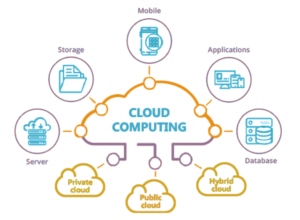
Cloud-based services have become so pervasive that, for many organizations, it’s difficult to imagine using applications and technology infrastructure components without the cloud. Compared with traditional, pre-cloud environments, cloud computing has brought efficiencies that enable companies to reduce capital costs and increase business flexibility. And according to experts, the cloud has had a dramatic impact on how web hosts and data centers operate
Big Data
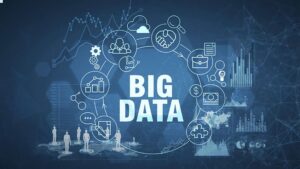
Data are now woven into every sector and function in the global economy and like other essential factors of production such as hard assets and human capital, much of modern economic activity simply could not take place without them. The use of Big Data – large pools of data that can be brought together and analyzed to discern patterns and make better decisions – will become the basis of competition and growth for individual firms, enhancing productivity and creating significant value for the world economy by reducing waste and increasing the quality of products and services.
Cyber Security
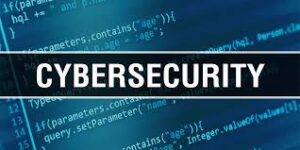
Why cyber security has become the backbone of the industries and enterprises now? Thirty years back, no one had even heard of cyber security, but then, no one had heard of hackers and hacks either. This is because of the Internet. It did not come into being with a Big Bang like the Universe, but it sure is expanding like Universe in all directions and now has become all-pervasive. Internet has changed everything. Quick adoption of the technology by businesses and enterprises has made mobile-banking, on-line shopping, on-line trading and social networking possible. Its many benefits help the business growth by creating new opportunities.
Internet of Things (IoT)
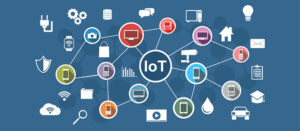
The Internet of Things (IoT) is the next frontier in technology, and there’s already several companies trying to capitalize on it. Internet of Things is a term used to define adding Internet connectivity to formerly “dumb” devices, enabling them to communicate with users and other devices. IoT will play an important role in the future. The IoT is a giant network of connected “things” (which also includes people). The relationship will be between people-people, people-things, and things-things. The reality is that the IoT allows for virtually endless opportunities and connections to take place, many of which we can’t even think of or fully understand the impact of today.
Python
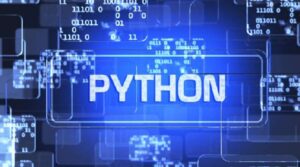
Python is an interpreted, object-oriented, high-level programming language with dynamic semantics. Its high-level built in data structures, combined with dynamic typing and dynamic binding, make it very attractive for Rapid Application Development, as well as for use as a scripting or glue language to connect existing components together. Python’s simple, easy to learn syntax emphasizes readability and therefore reduces the cost of program maintenance. Python supports modules and packages, which encourages program modularity and code reuse.
DevOps

DevOps is the practice of operations & development Engineers participating together in the entire service life cycle from design through the development process to production support. DevOps is also characterized by operations staff making use many of the same techniques as developers for their systems work
Block Chain
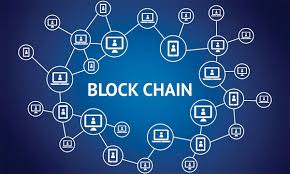
Block chain is a revolutionary technology and soon, it will disrupt some of the major industries. Apart from Bitcoin, it can be used for a wide variety of applications such as tracking ownership, digital assets, physical assets, or voting rights. To take benefit of these opportunities, you need a structured training with an updated curriculum as per the current industry requirements and best practices.
Networking

A computer network or data network is a telecommunications network which allows computers to exchange data. In computer networks, networked computing devices exchange data with each other using a data link. The connections between nodes are established using either cable media or wireless media. The best-known computer network is the Internet.
Network computer devices that originate, route and terminate the data are called network nodes.[1] Nodes can include hosts such as personal computers, phones, servers as well as networking hardware. Two such devices can be said to be networked together when one device is able to exchange information with the other device, whether or not they have a direct connection to each other.
